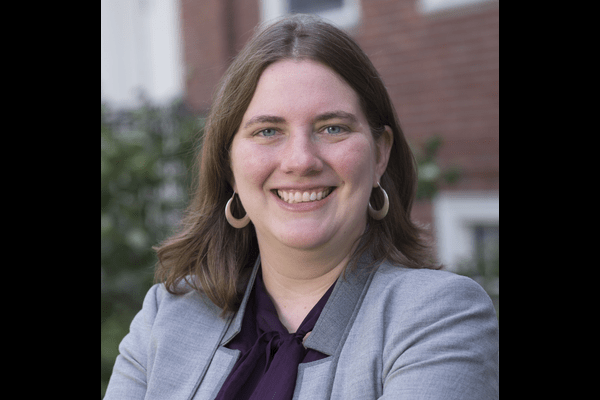
Dr. Alexandra Killewald, Harvard University, Professor of Sociology
Theme: Gender Inequality
Have Changing Family Demographics Narrowed the Gender Wage Gap?
In the United States, the gender pay gap has narrowed considerably since 1980. Prior research emphasizes how women’s convergence with men in human capital has contributed to this trend. We argue that changing family life also plays a key explanatory role, but not necessarily through convergence in men’s and women’s family traits. Instead, we argue that marriage and parenthood are “wedge” characteristics, more positively associated with men’s wages than women’s. As marriage and fertility declined, a smaller share of workers belonged to groups for whom gender pay gaps are larger – married people and parents. Using data from the Panel Study of Income Dynamics, we show how changes in family life help explain both the narrowing of the gender pay gap since 1980 and the stalled progress in recent decades.
A reminder that all participants need to register in order to participate in the fall seminar series. The link to the registration is here: https://osu.zoom.us/meeting/register/tJMqdeuurT4pGtYpugjkDPxlO-EechsTva2w
